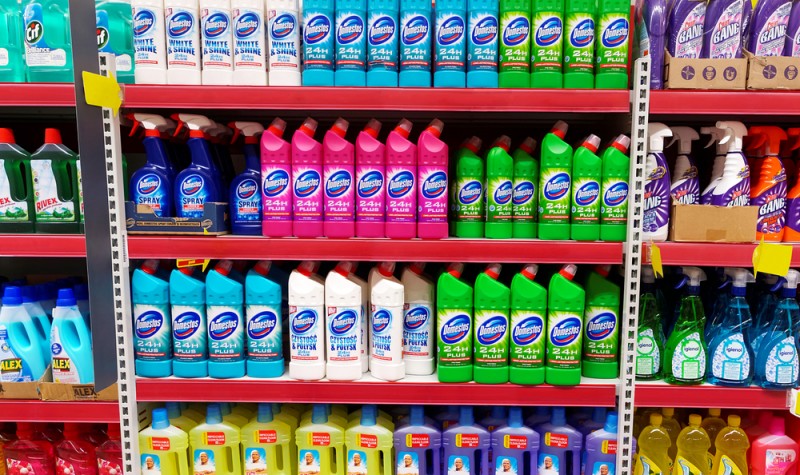Are these two FTSE 100 stocks worthy of their premium valuations?

The FTSE 100 index (INDEXFTSE: UKX) has fallen by 4% since the start of the year as war in Ukraine, high inflation and rising interest rates have weighed on investor sentiment.
Of course, not all large-cap shares have fallen in line with the index. Catering firm Compass (LON: CPG) has generated a 9% share price rise year-to-date as it benefits from post-pandemic reopening. Meanwhile, consumer goods firm Unilever’s (LON: ULVR) share price has moved marginally higher as investors have seemingly preferred high-quality firms with wide economic moats.
Is further index outperformance ahead for both stocks? Or do their high valuations mean they lack value for money at current price levels?
Compass
Despite making gains this year, Compass’ share price continues to trade around 12% down on its pre-pandemic high. The catering firm has experienced a challenging period due to pandemic-related restrictions that have prompted greater home working and the closure of various events. This caused a significant decline in its financial performance.
This year’s results, though, have shown a broad-based recovery. Indeed, the company’s recent third-quarter results showed that group organic revenue has increased by around 40% since the start of the year. Encouragingly, underlying revenue in the third quarter amounted to 109% of the same quarter in the year prior to the pandemic. And as global Covid restrictions become more relaxed and less likely to return, the firm’s financial performance has further scope to improve.
Alongside rising sales, Compass has been able to increase margins over recent months. Its underlying operating margin rose by 40 basis points to 6.2% in the third quarter. This highlights its capacity to pass on rising costs to customers, while benefitting from high inflation due to its propensity to prompt businesses to seek cost cuts via outsourcing.
Although Compass trades on a forward price-to-earnings ratio of around 32, it appears to have further capital gain potential ahead as it benefits from a post-Covid recovery.
Unilever
Unilever’s share price also trades on a relatively high earnings multiple. Its forward price-to-earnings ratio of 18, although lower than that of Compass, is significantly higher than other FTSE 100 index stocks.
Still, Unilever’s latest half-year results showed it is delivering an encouraging financial performance amid uncertain trading conditions. For example, underlying sales growth was 8.1% and underlying operating profit grew by 4.1%. The firm also reorganised its structure with the aim of improving efficiency, while it engaged in M&A activity to strengthen the long-term growth potential of its portfolio.
Although the firm’s operating margin declined by 180 basis points to 17% during the first half of the year, it is in a stronger position than many businesses to pass on higher costs to consumers. Its strong brands could mean they enjoy greater customer loyalty, while Unilever’s size and scale may allow it to further improve the market positions of its brands while an uncertain economic outlook affects smaller rivals to a greater extent.
Clearly, a global economic slowdown is unlikely to be conducive to upbeat operating conditions for the company in the short run. But its diverse geographic spread, array of strong brands and solid financial position mean it appears worthy of a premium valuation relative to the FTSE 100 and has the potential to deliver further index outperformance.
Comments (0)